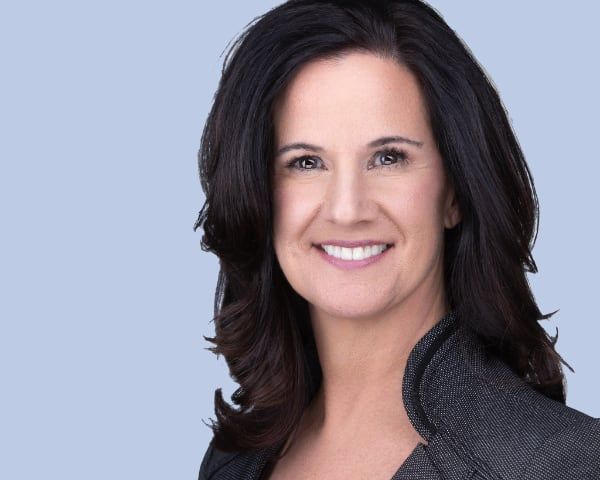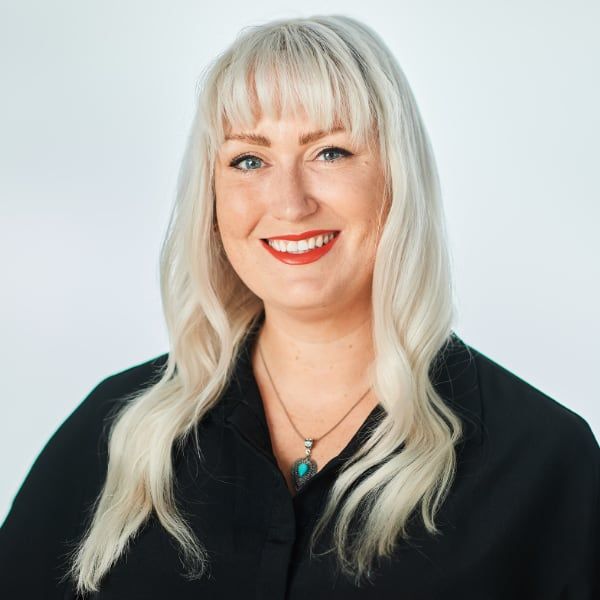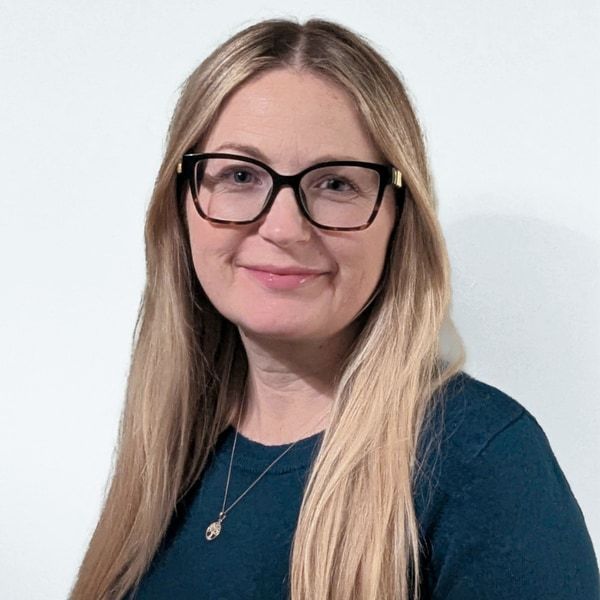ICCS About Us
INTERNATIONAL COLLABORATION ON COSMETICS SAFETY
ICCS Leadership

Erin Hill
President and CEO
Erin comes to ICCS with over 30 years’ experience promoting the widespread use and acceptance of animal free safety testing methods. She has fostered collaborations with industry, animal protection organizations, and regulatory agencies, both foreign and domestic, to help coordinate efforts to advance the use of New Approach Methodologies (NAMs) in decision making. Erin is widely known for co-founding the non-profit Institute for In Vitro Sciences (IIVS) in 1997, where she most recently served as president.
In addition to her pioneering work in the field, Erin is actively involved in various boards and associations dedicated to NAMs and reducing reliance on animal testing methods. She sits on numerous boards and committees, leveraging her expertise and experience to further the adoption and implementation of ethical testing practices. Her contributions and dedication to the cause have earned her numerous awards and recognition within the scientific and animal protection communities.
ICCS Staff
ICCS Board of Directors
The ICCS Board of Directors is comprised of executives from the leading companies and organizations in the cosmetics and chemical industries.
Science Advisory Committee
The ICCS Science Advisory Committee (SAC) is comprised of experts from human health and environmental safety holding key positions in regulatory agencies, research institutions, and validation centers worldwide. The SAC actively participates in the review of ICCS science proposals and provides input and guidance on the overall objectives of the organization.
Frequently Asked Questions
If you have further questions, please don't hesitate to contact us.






